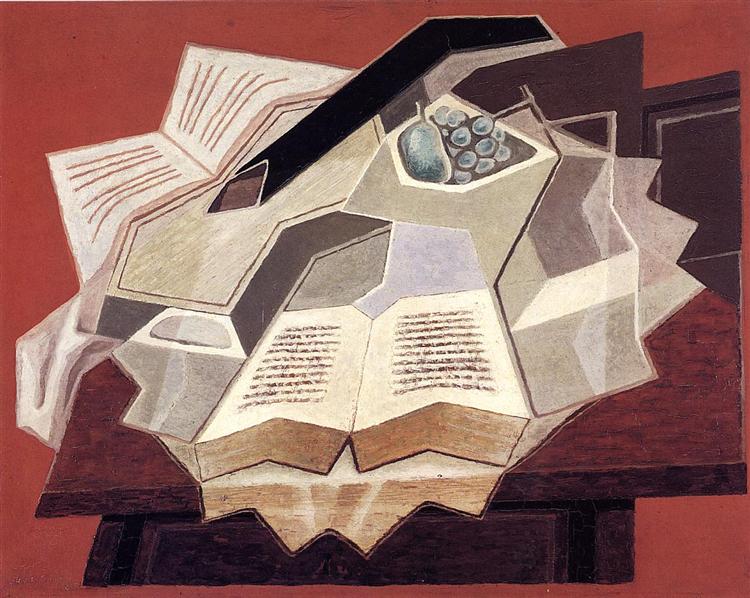
I spoke with a client at a recent Aras PLM event about open-source software. I’d like to share a point of view that may be obvious to some, but perhaps not to everyone thinking about using open-source software.
The first thing people think about when they hear “open source” is: “Open source! its free!”
And then they say, “But wait, if anyone can, as the GNU license states, freely use, study, copy, modify, and redistribute the software, then what about code quality? and security?”
It’s a legitimate question. I suggested looking at the question from the technology vendor’s point of view. Considering the open-source software lifecycle, developers and product managers operate under more stringent constraints than those of proprietary closed software. Software architects and those responsible for product roadmap must:
- Maintain an open and flexible architecture to support fast innovation.
- Guarantee backward compatibility.
- Ensure that APIs persist over many all versions.
- Provide precise and consistent documentation.
- Test and certify an unwieldy number of configurations.
One could also hypothesize that software that is developed under pure technical requirements and is free from commercial pressures will result in higher code integrity and quality.
These should lead to the observation that open-source software is as robust, if not more so, than proprietary black-box software.
Granted, open source and open licensing platforms like the Linux operating system, Aras PLM software and Firefox web browser may not be “complete” or “perfect,” but they offer quality, expandability and, obviously, cost advantage. Furthermore, they are part of a dynamic ecosystem of developers, testers and support. Together, they form a strong argument for using open-source software.
Again, this argument may be obvious for many readers, but I thought it was worth repeating.
Image: The Open Book (Juan Gris, 1925)
